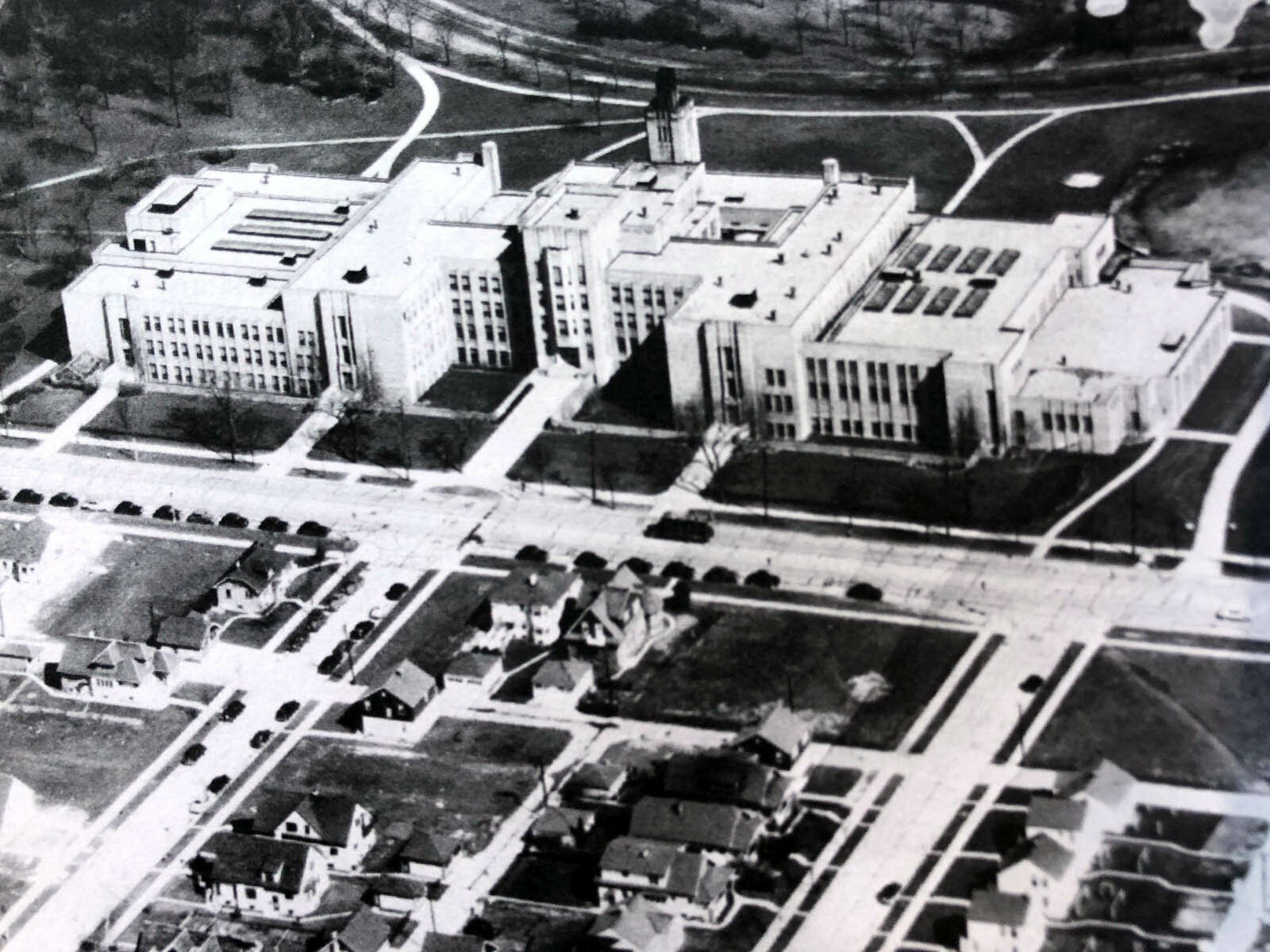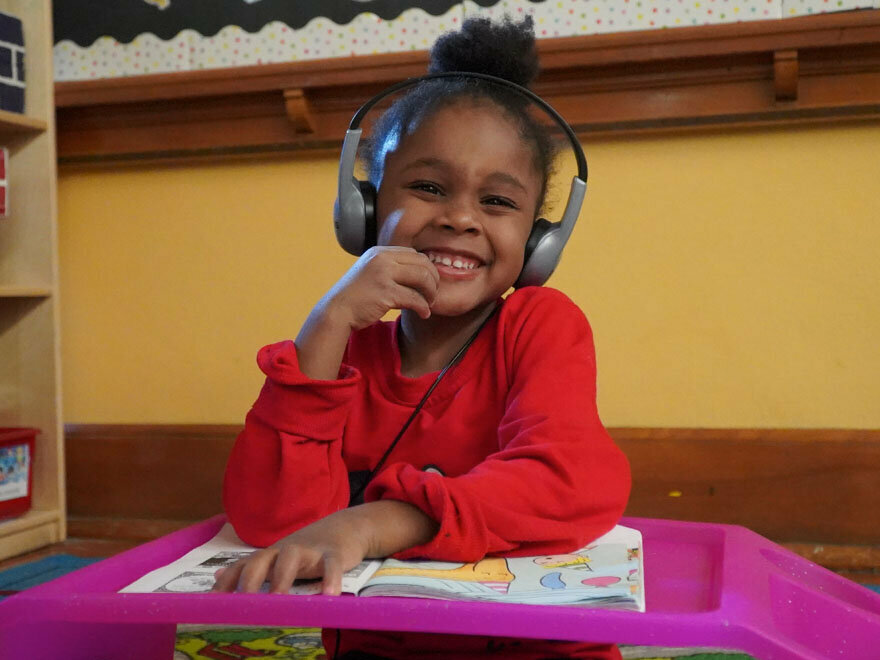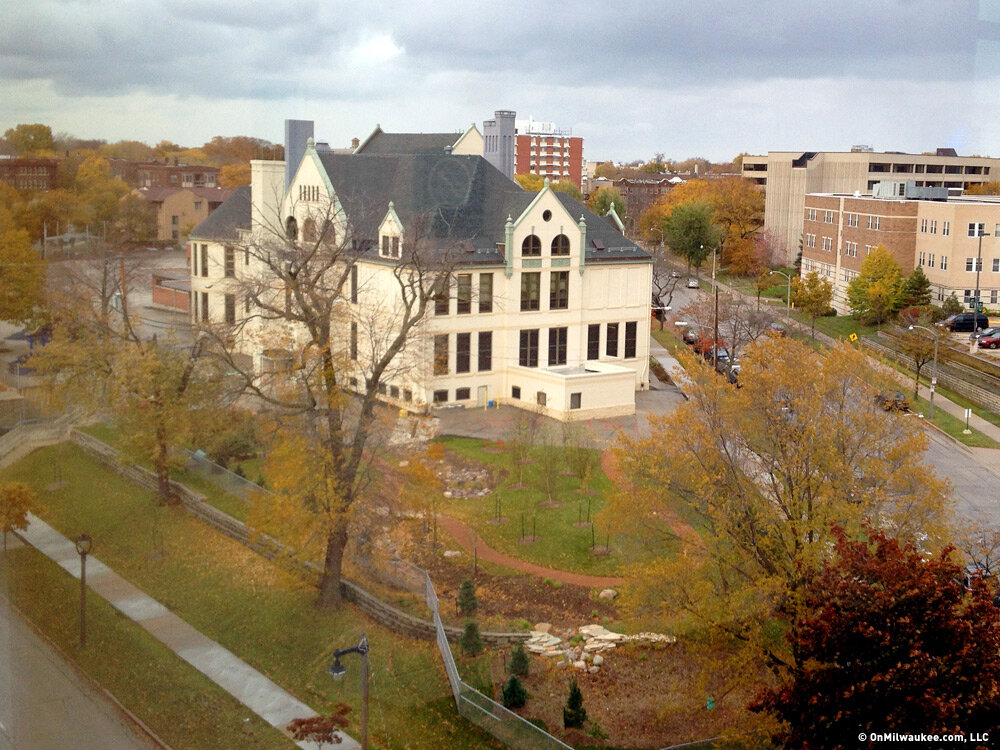Rarely does a school day pass that I am not reminded of how much the parents at my child's school know about what goes on in the building from day to day. They are committed, they are aware and they are watchful. And they speak out.
So, it came as a bit of a surprise recently when some parents at a PTO meeting asked the principal about where they could find information about the goings on at school board meetings and how they could better inform themselves about the slew of documents and information flying around the halls of MPS' Central Office on Vliet Street.
If some of these parents aren't sure, I thought, certainly many, many more public school parents might need some guidance, too, when it comes to being proactive in public education.
"As a school board member in a public school district in southeastern Wisconsin, I am somewhat disconcerted about the lack of parental and constituent attendance at annual and monthly school board and school board committee meetings," Becky Gundrum -- director of academic business affairs at Marquette University School of Education and a member of the Slinger school board -- told me.
"I am concerned that most parents do not have a firm handle on the kinds of decisions school boards make and the impact it has on local districts."
So, I took a short list of recommendations of my own to some experts, Gundrum included.
Martin Scanlan, in Marquette University College of Education's Educational Policy and Leadership Department offered a list very similar to mine.
Keep your fingers on the pulse of your school. Of course, this means joining the PTO and attending its meetings. Get to know your child's teacher, but also the administrators and others who work in the building. I've learned a lot about what goes on in our school from the custodians, the specialists and others.
"Face time counts! It's hard to get to school with all the demands on our time," admits Scanlan. "However, there is no substitute for showing up and looking around the school and introducing yourself to the teachers and secretaries. We often learn as much from informal, unannounced, quick visits than we do from the formal conferences."
Don't just watch the school run, get in there and run it yourself. Being part of the PTO allows you to do this in some ways, but being on the School Governance Council (every MPS school has one) and getting involved as a parent representative on the committee that interviews applicants for teaching positions are two ways you can take an active role.
"Joining with the existing structures is the easiest way to start to get involved in making decisions for the school," says Scanlan.
Keep up with the goals at your school. Read the school improvement plan (again, every MPS school has one). Find yours here.
Get your child involved. "As your children grow," says Scanlan, "helping them become more involved in their own education is a critical transition that you make as a parent. One way to begin is by helping them understand their rights and responsibilities."
Expand your knowledge. Keep up with what is going on at the district level and how those discussions and actions affect your school. You can find school board meeting information – including audio of meetings as well as agendas and minutes – here.
Get to know the school board director for your school board region. Find yours here. "When you focus just on this one school," cautions Scanlan, "sometimes you miss the forest for the trees. Paying attention to the system of schools is important because policies decided at the central office – such as the recent reading reform – have direct effects at the local level."
Milwaukee Public Schools board member Larry Miller suggests that each school put together a school board watch team.
"I don't mean watchdog, which sounds antagonistic," he says. "But a couple of people that watch what goes on. People should be aware of what is going on district-wide."
He points especially to the committee meetings where extremely important discussions take place. Pay special attention to the Committee on Parent and Community Engagement (PACE), the Committee on Strategic Planning and Budget and the Committee on Innovation/School Reform.
Don't just be a passive observer. When you've got something to say to the board, say it, says Gundrum.
"I have heard from constituents that parents are often nervous to talk at school board meetings since they tend to be very formal meetings but I can reassure you there is nothing to fear," she says, adding that a key step is to contact the district in advance so that the topic for discussion is published on the meeting's agenda.
"Although the school board president is required to allow the public to speak under the 'public comment' agenda item, it is always helpful to have the issue on the agenda prior."
Be a conduit for information. Miller also suggests volunteering to be one of the two representatives from each school on MPS' District Advisory Council, which is a forum for parents to make their voices heard in the district and a means for the district to get information from Vliet Street to the parents at each school. I am one of the reps for our school.
Learn the lingo, the jargon, the acronyms. To understand the discussions about education these days, one has to know one's AYP from one's elbow. "Learn to speak education-ese," as Miller puts it.
"What's important to me is that we just don't have simply the old model of you have a PTO that does some fundraising for the school and then the parents go home and then just advocate for your child by talking with the teacher or the administration at the school," says Miller, a former principal and a board member at Milwaukee-based Rethinking Schools.
"We want to see the broad engagement of parents, both at that level – you have to start with looking at what's going on with your child in their classroom, with their teacher and the policies of their school – but we want to go beyond that."
Although Miller admits there is a huge volume of information for busy parents to sift through, and that MPS could do a better job of pointing parents to the most useful information, he's encouraged by the arrival last year of superintendent Dr. Gregory Thornton.
"We're a district identified for improvement so part of that has been to mandate a much broader involvement of parent and community. All of us on the board feel very strongly about," says Miller.
"We think that the new superintendent gets it. What I've seen so far has been excellent. He's available seven days a week, he has coffee with parents. He's working at every level. He really wants to engage the community in decision making. It's not so easy, with all the stuff that has to be decided, but it's imperative."
Born in Brooklyn, N.Y., where he lived until he was 17, Bobby received his BA-Mass Communications from UWM in 1989 and has lived in Walker's Point, Bay View, Enderis Park, South Milwaukee and on the East Side.
He has published three non-fiction books in Italy – including one about an event in Milwaukee history, which was published in the U.S. in autumn 2010. Four more books, all about Milwaukee, have been published by The History Press.
With his most recent band, The Yell Leaders, Bobby released four LPs and had a songs featured in episodes of TV's "Party of Five" and "Dawson's Creek," and films in Japan, South America and the U.S. The Yell Leaders were named the best unsigned band in their region by VH-1 as part of its Rock Across America 1998 Tour. Most recently, the band contributed tracks to a UK vinyl/CD tribute to the Redskins and collaborated on a track with Italian novelist Enrico Remmert.
He's produced three installments of the "OMCD" series of local music compilations for OnMilwaukee.com and in 2007 produced a CD of Italian music and poetry.
In 2005, he was awarded the City of Asti's (Italy) Journalism Prize for his work focusing on that area. He has also won awards from the Milwaukee Press Club.
He has be heard on 88Nine Radio Milwaukee talking about his "Urban Spelunking" series of stories, in that station's most popular podcast.







